By now, I'm sure you've heard of Fate: The Winx Saga, Netflix's live-action adaptation of the Italian-American kids' cartoon Winx Club.
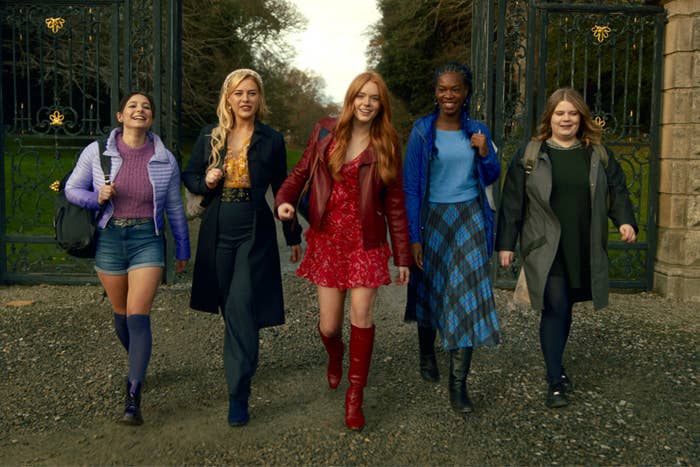
It's become hugely popular on the streaming platform, gaining a number of dedicated fans who are already talking about theories for Season 2 (which is yet to be confirmed).

But, for those who watched Winx Club growing up, the adaptation has fallen flat for a number of reasons, with the main one being the whitewashing of main characters.
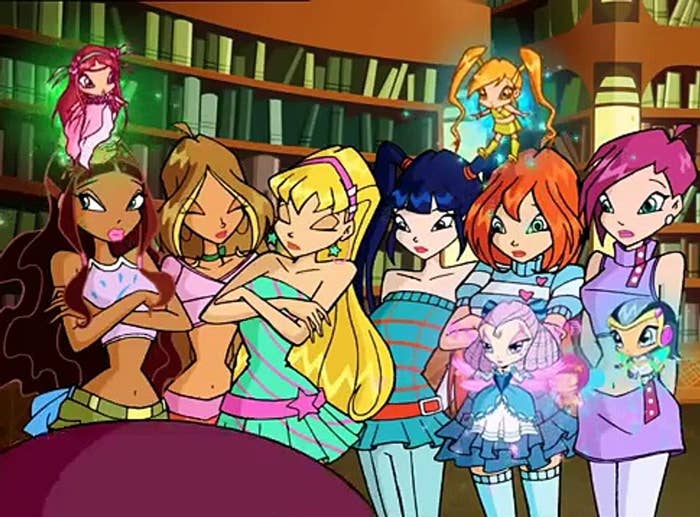
For those not up to speed, let me explain. The original cartoon had a core group of diverse characters made up of Bloom, Stella, Flora, Tecna, Musa and Aisha (or Layla, depending on which version of Winx Club you watched growing up).
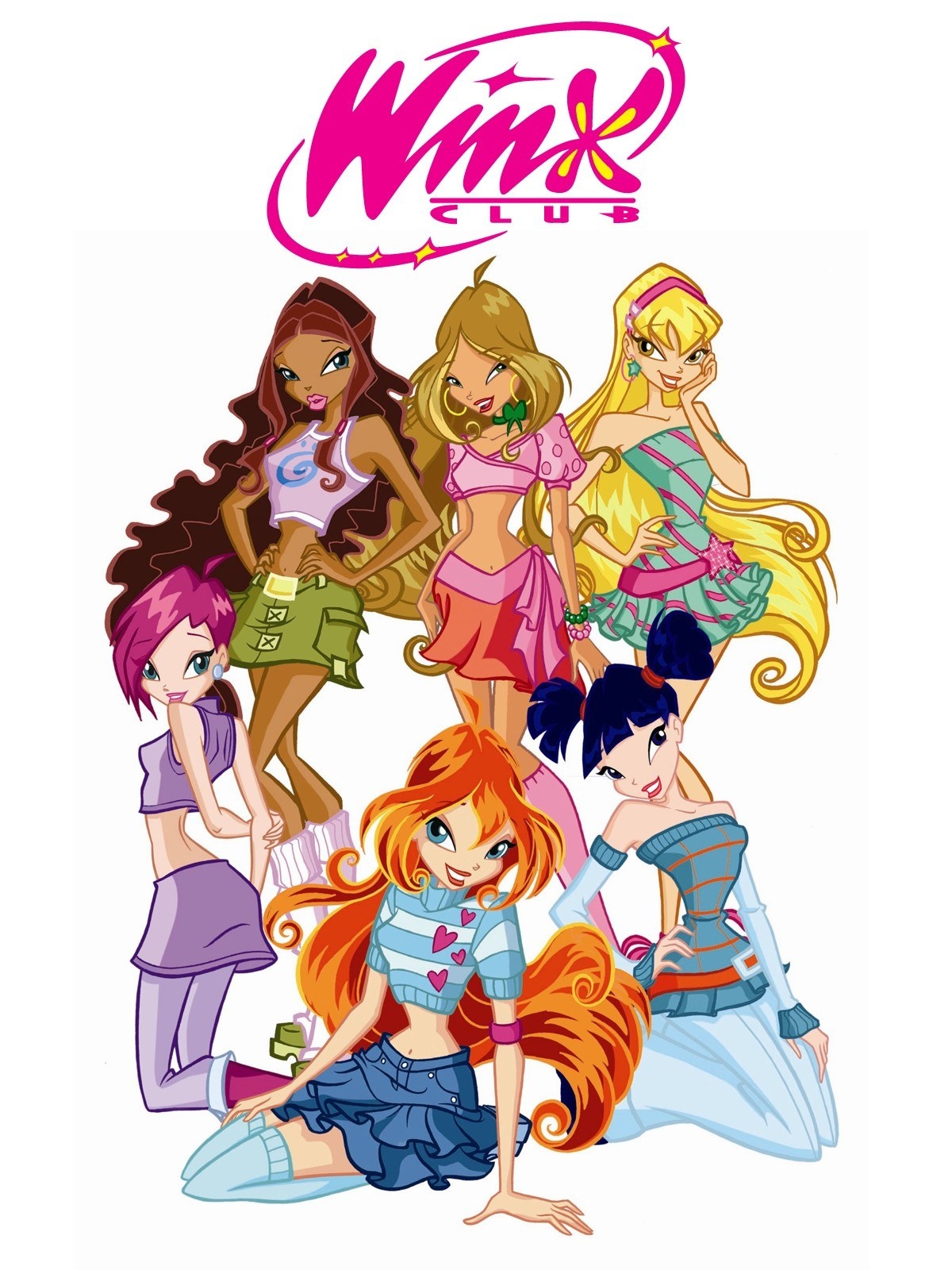
This was deliberately done by creator Iginio Straffi, so that "teenagers from all over the world [could] identify themselves with the characters they think they are most like".
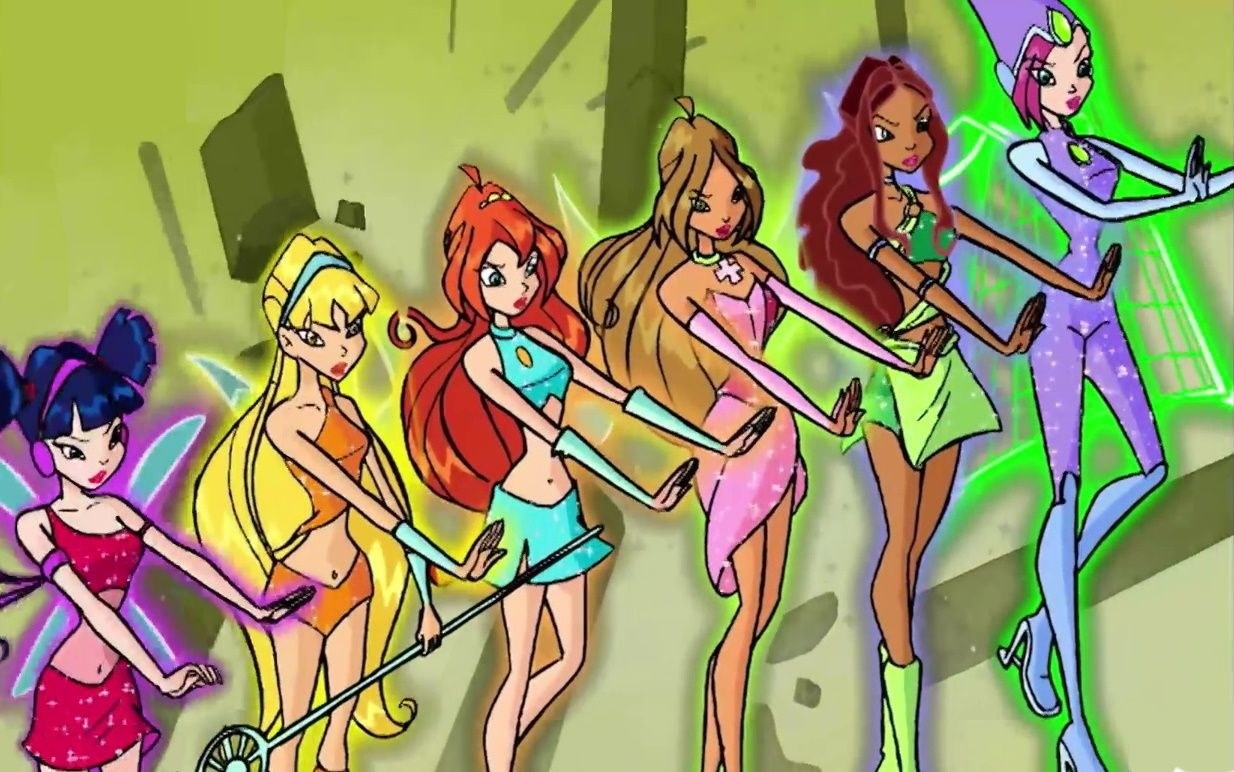
In another interview, Straffi also noted that he was inspired by celebrities when designing some of Winx members, like Jennifer Lopez for Flora, Lucy Liu for Musa and Beyoncé for Aisha.
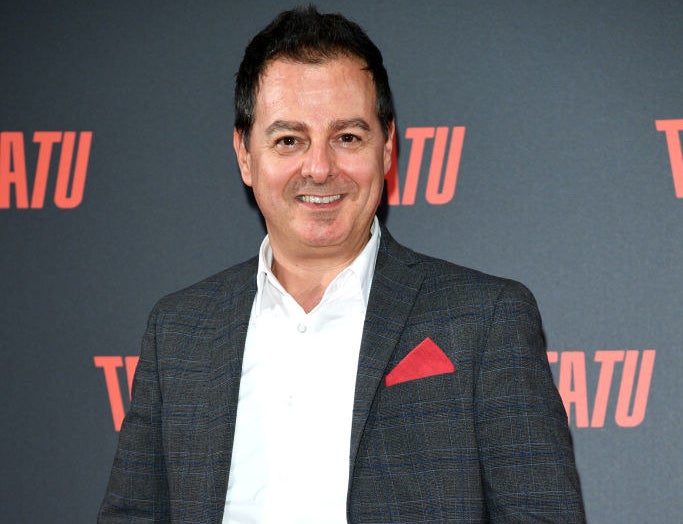
But, in Fate: The Winx Saga, the casting of some of these characters doesn't line up with Winx Club, which has since led to backlash from fans.
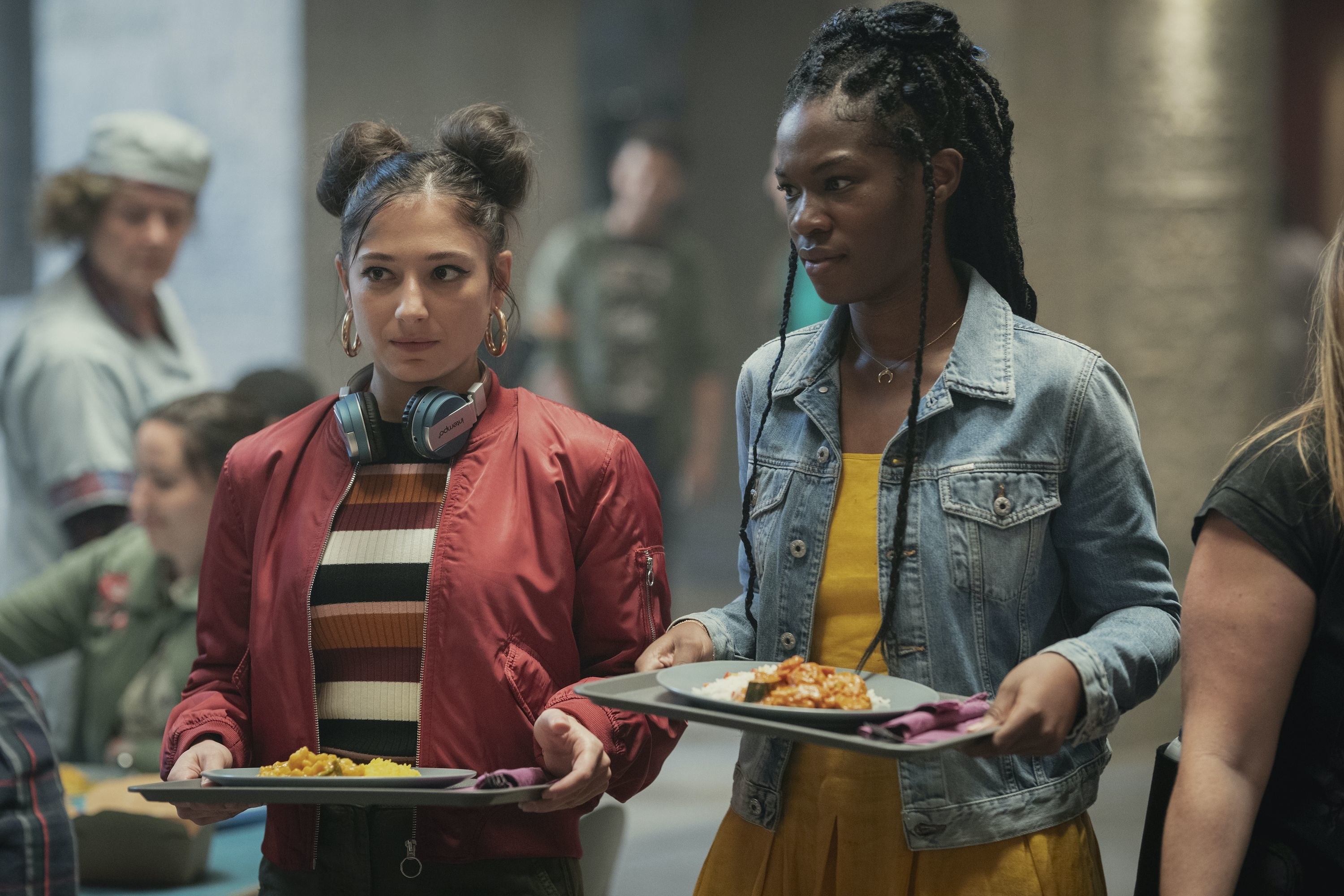
For example, Musa, who is depicted as East Asian in the cartoon, is played by Elisha Applebaum.
While Flora, who is a Latinx character, doesn't make a single appearance during Fate: The Winx Saga. Instead, the series introduces us to Terra, Flora's cousin, who is played by Eliot Salt.
To say that fans of Winx Club are disappointed is an understatement. This could have been such an easy win for representation, especially for younger fans watching, but instead a different choice was made.
ummm... THE FUCK IS THIS?? why is netflix so hellbent on whitewashing everyone they see? that is not my winx club. they already ruined my childhood once and they’ve decided to not only ruin it but disrespect the original characters and their backgrounds😔
As a kid, I grew up with Winx Club and always loved the fact it was so diverse — with Asian, Latina, and Black representation in its main cast. For the most part, these diverse characters have all been casted as white actresses in the live action version and it’s heartbreaking.
netflix, making an edgy winx club au: hm...let’s sprinkle in some whitewashing...one character of color is good enough :)
Ngl I'm hella disappointed in this netflix "winx club" reboot... The whitewashing, the fact that they turned on of my favorite TV shows growing up into a gritty drama.. like sure, make it a drama but can't you not keep the same vibe and characters smh
the fact that netflix hired two WHITE women to play the role of two characters of color is absolutely disgusting and disrespectful. they took away a perfect opportunity of representation for latino and asian people. winx club cherished diversity-
whitewashing two of its main characters is the worst kind of vile. and the fact that iginio straffi, the creator of winx club himself, is involved in the production of this series is horrible. shame on iginio and shame on all the people who are associated to this
Personally, as someone that watched Winx Club growing up, the decision to whitewash these characters hurts. It's not only a major blow for representation, but in the ongoing struggle that POCs have to face in learning to love who they are — and by extension, their culture.
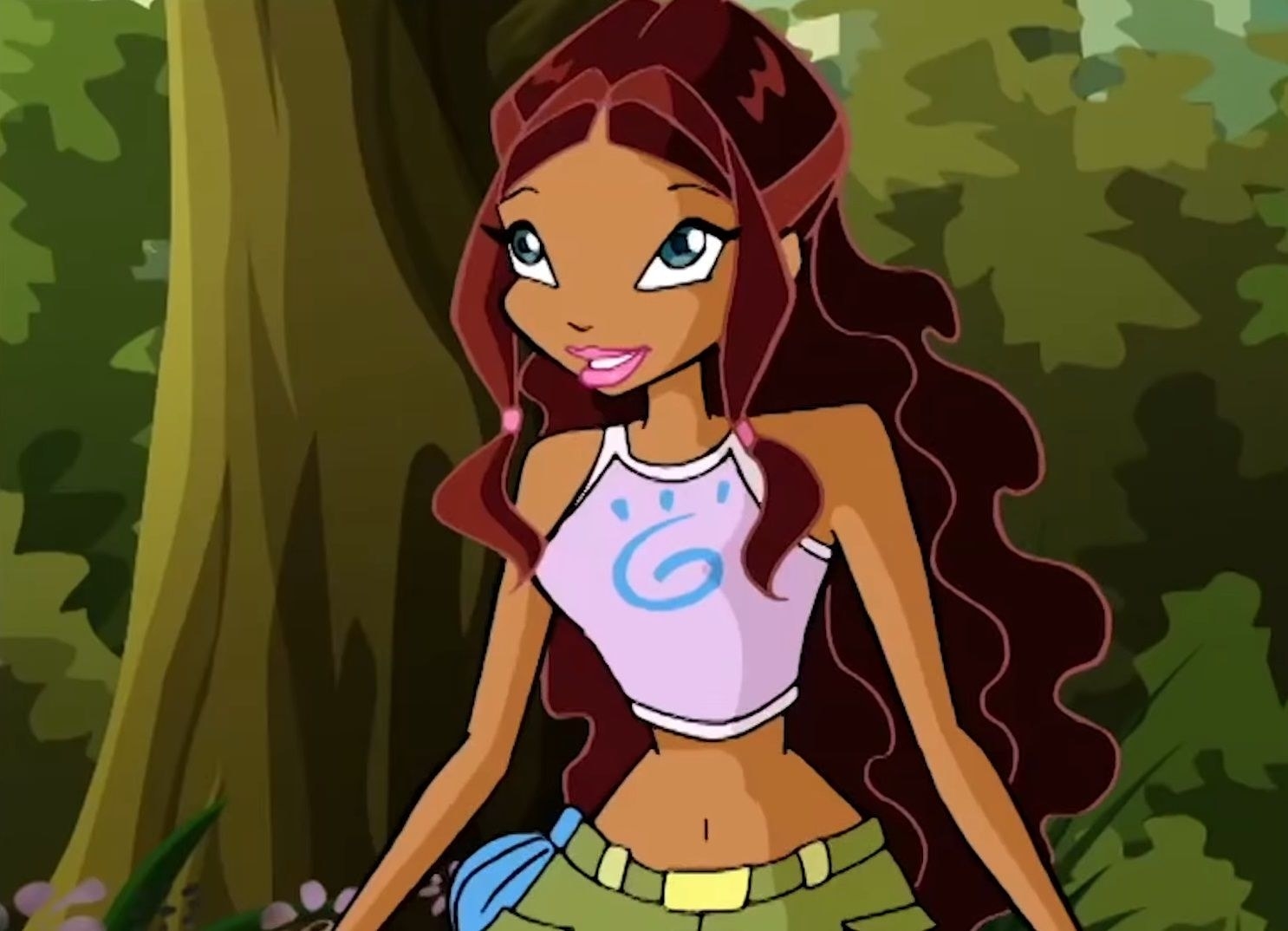
Since its release date, some of the Netflix actors have addressed the casting criticism. "It's really sad to see that fans were upset with the casting," Elisha said in an interview with Digital Spy. "I wasn't involved in the casting but I hope that what they've seen and how I've portrayed Musa was to their liking."
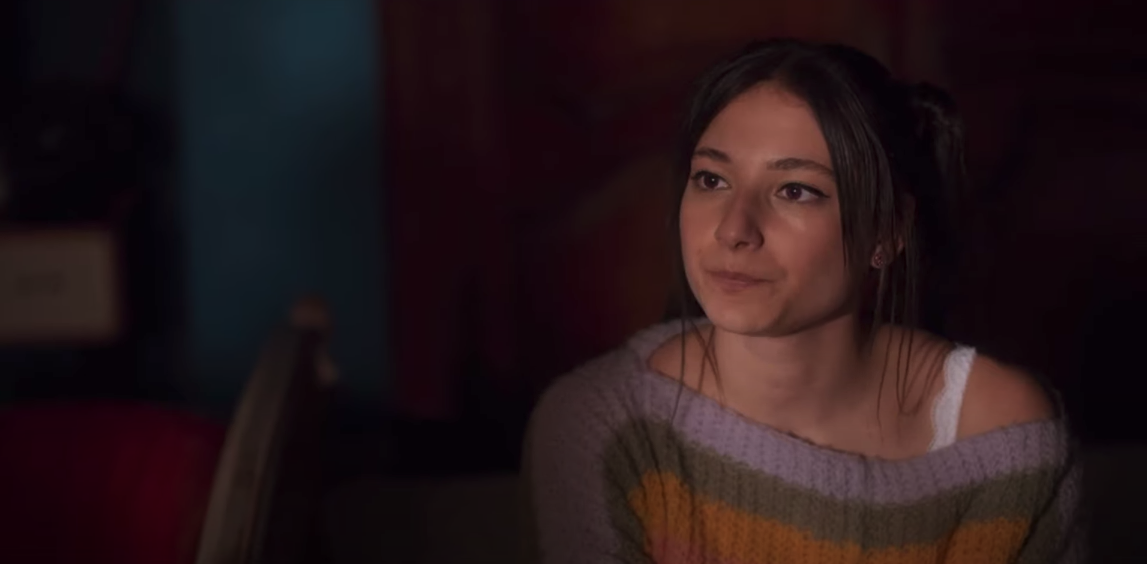
Precious Mustapha, who plays Aisha, also said: "The industry is getting to a point where we're starting to see more diversity on screen, but it's obviously not enough and there's still more work to be done. It's really nice to be on a show where there is a lot of diversity. There could be more and hopefully if we get a season two there will be a lot of that."
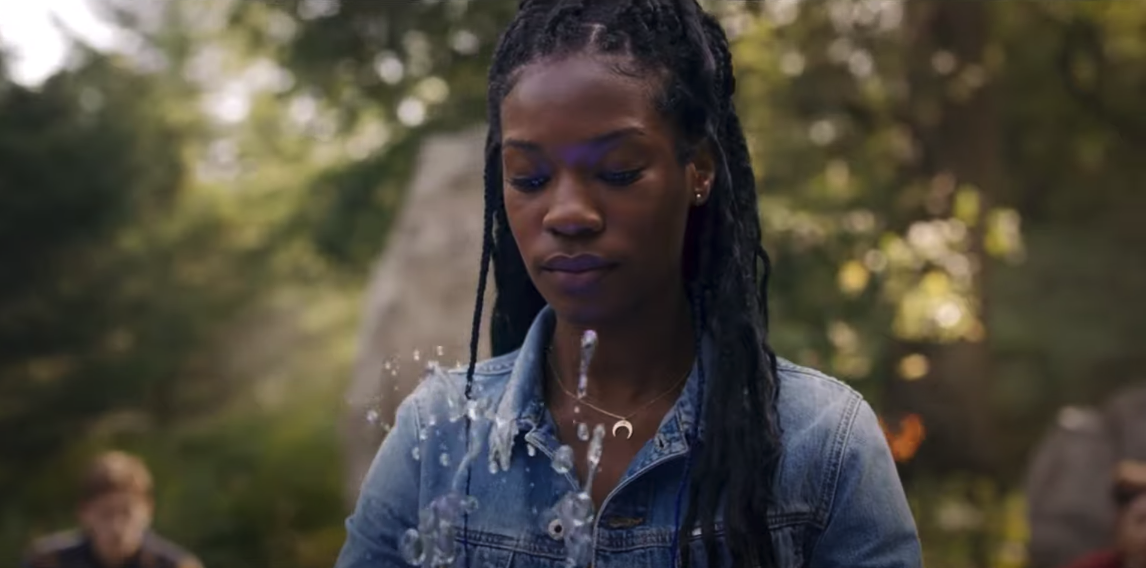
Meanwhile, Abigail Cowen, aka Bloom, told The Wrap that if the show is lucky enough to get a second season, she hopes that these concerns are something that can be addressed.
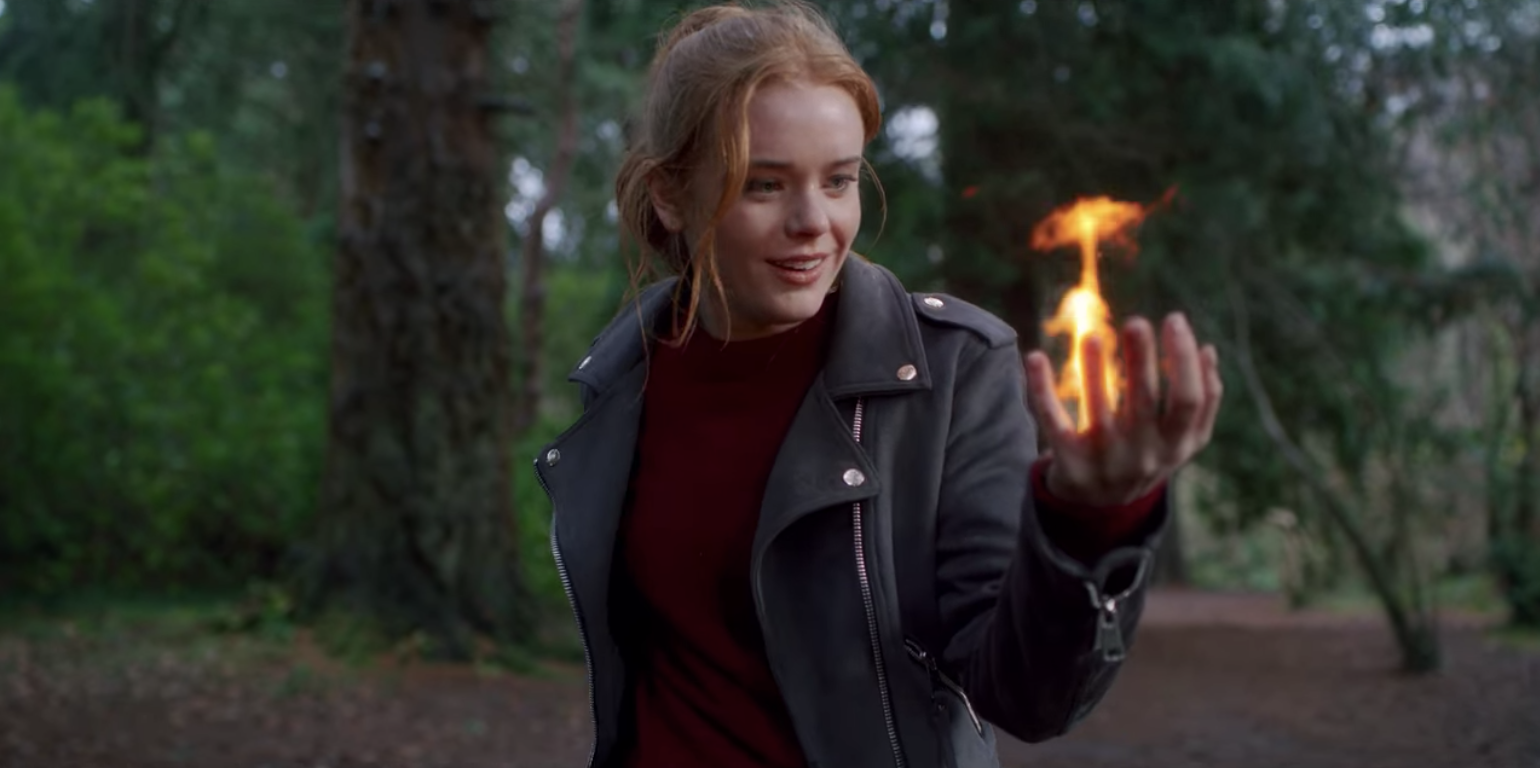
While the damage has already been done with Fate: The Winx Saga, hopefully this is yet another signal to the writers and all of Hollywood that representation and diversity in all its forms is so important and shouldn't be cast aside so easily.
Also, what are your thoughts on Fate: The Winx Saga? I would love to know, so leave them in the comments.
